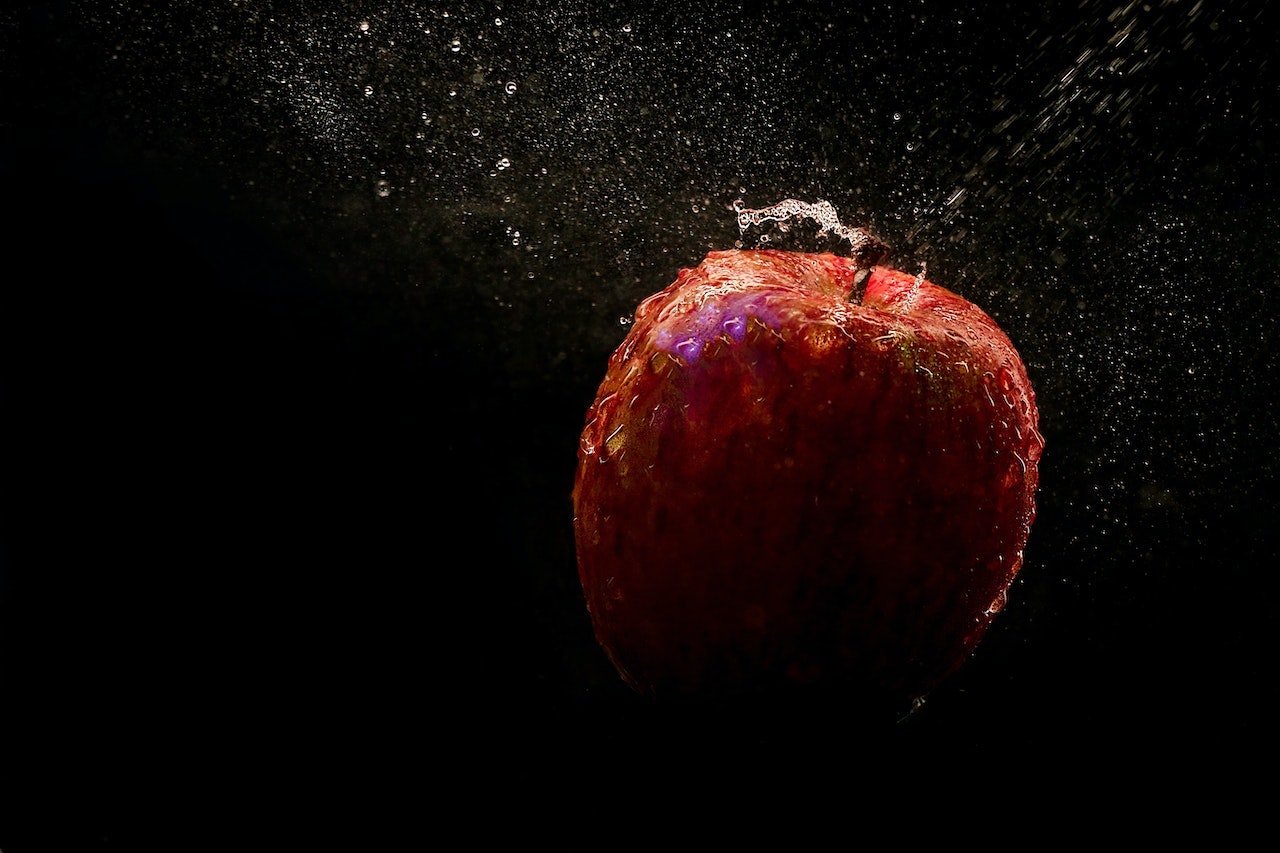Apple juice has electrolytes in it; however, it generally doesn't have as much as coconut water and sports drinks intended for rehydration. The quantity in apple juice can differ based on the brand and how it's prepared. Cold-pressed apple juice usually has more natural electrolytes like potassium and sodium. These electrolytes are crucial for keeping the body hydrated and maintaining the right fluid balance.
What are Electrolytes?
Electrolytes are vital minerals that play a significant role in numerous bodily functions. They help maintain the body's fluid balance, ensure proper nerve and muscle function, and keep the pH level in check. Electrolytes are electrically charged and can be found in various bodily fluids, including blood and urine. Sodium, potassium, chloride, calcium, and magnesium are some of the most common electrolytes.
Why do we Need Electrolytes?
Electrolytes play a crucial role in regulating various bodily functions such as fluid balance, muscle contraction, nerve function, and pH balance. Whenever we sweat or urinate, we lose electrolytes, and that's why it's essential to replenish them by consuming fluids that contain electrolytes or through our diet.
Our body needs to maintain a proper balance of electrolytes for optimal health. If we lose too many electrolytes or if our body fails to regulate their levels, it can cause various symptoms like muscle cramps, fatigue, confusion, and in extreme cases, seizures or heart arrhythmias. So, it's crucial to keep a check on our electrolyte levels to avoid any imbalances.
Is Apple Juice Rich in Electrolytes?
Apple juice contains a mix of essential electrolytes like potassium, sodium, magnesium, and calcium. The exact quantity of these electrolytes may differ based on the brand of juice, how it is processed, and whether any extra ingredients are added.
Generally, a typical serving of apple juice (about 8 ounces or 240 milliliters) may contain about:
- 150–250 milligrams of potassium
- 5–10 milligrams of sodium
- 10–20 milligrams of magnesium
- 15–20 milligrams of calcium
In any case, these values are only approximate and can vary depending on the product.
The electrolytes in apple juice can provide some relief during intense exercise, but they're not typically as rich as those in sports drinks or coconut water, which are specifically designed for the purpose of replacing electrolytes lost during sweating or intense activity.
Related article: Does Apple Juice Have Caffeine?



Comment